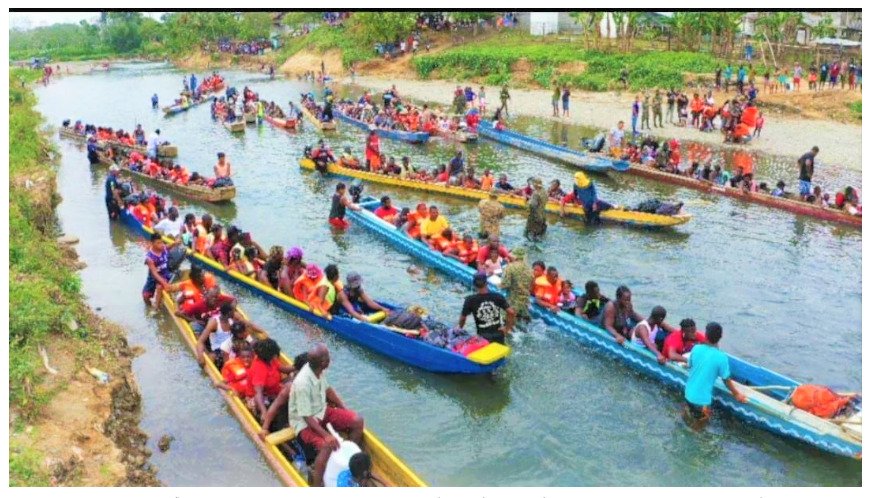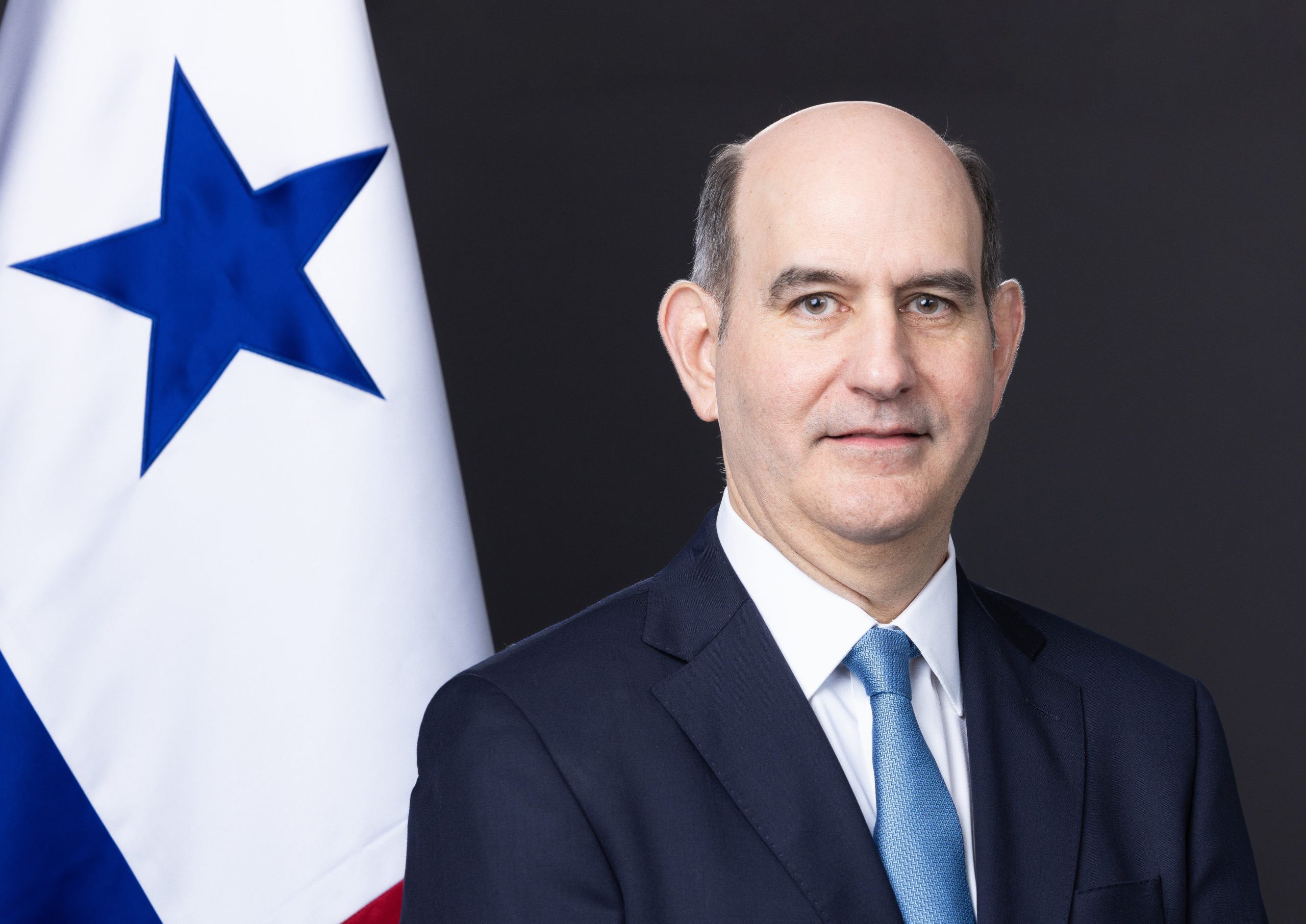Panama responds to UN report on migrant abuse

Panama’s Minister of Security, Juan Pino, said Saturday that the Government will respond to the report of a UN special rapporteur that expresses its “serious concern” about “the reception conditions” of migrants who arrive in Panama after crossing the Darien jungle on its journey to North America.
The Special Rapporteur warns of complaints about “the supposedly precarious and unhealthy conditions” of the migration reception stations (ERM) in Panama, according to a report delivered to the Panamanian government last December.
The complaints also cover alleged ill-treatment and sexual abuse, by the authorities that manage the MREs towards the migrants, who arrive in Panama after crossing the dangerous Darien jungle. according to the agency’s document.
Sex for transport
The MREs are located on the southern (Colombia) and northern (Costa Rica) borders of Panama, where there are officials from security entities such as the National Immigration Service and the National Border Service (Senafront) who are accused of seeking sex to ensure a seat on a bus.
“This is going to be answered because Panama has been working on these issues since 2020 with the Public Ministry that is in the reception camps and there is no formal complaint for rape against officials of both institutions,” Pino told TVN.
In a statement, the Government rejected “in the most energetic way” the accusations that “try to distort the humanitarian work of Panamanian entities”.
“Panama, through its competent authorities and the investigations of the Public Ministry, has responded to all complaints filed by people in the context of human mobility and, in none of these, has there been any mention of the participation of Panamanian public officials. In case these facts were corroborated, the Government will carry out the pertinent investigations”, it highlighted.
The UN report, emphasizes that according to the information received, in the MREs irregular migrants “would be de facto deprived of their liberty, since they were not authorized to leave the centers, except to be transferred towards the border with Costa Rica”, at a cost of $40 dollars per person that must be assumed by travelers, many of whom lack funds, so they remain trapped.
This is so “although these stations are not considered by the Panamanian authorities as detention centers,” says the document, signed by the Special Rapporteur on the human rights of migrants, and six other UN rapporteurs officials and independent experts.
“Without prejudging the veracity of the allegations (…) we are seriously concerned about the reception conditions of migrants”, given “the insufficient attention provided to basic needs” in the MREs and “the lack of access to justice mechanisms.’ and reparation for those people who have been victims of violence, among others.”
The UN indicated that “similar concerns” were transmitted to the Panamanian government in December, “no response” had been received,
“If confirmed, the situations described would constitute violations of the human rights of migrants,” the 18-page document indicated.
The Panamanian government argues that no other country in the Americas offers this type of assistance to migrants in transit, in which it has invested at least $50 million.






